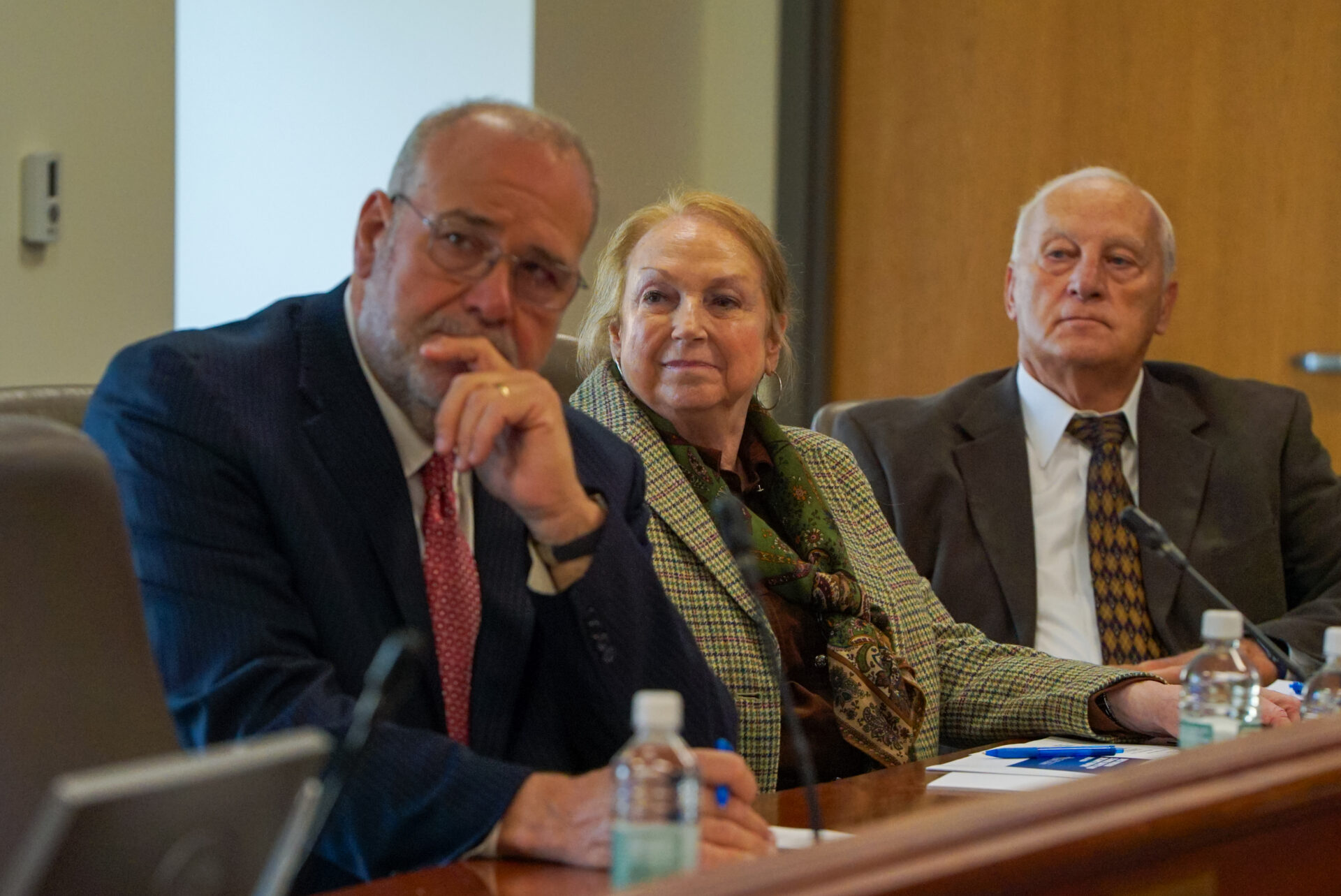Several Kanawha County schools will be closed and consolidated at the end of this school year.
At their monthly meeting Wednesday morning, the state Board of Education approved the closure of six Kanawha County schools at the end of the 2024-2025 school year.
Belle, Mary Ingles, Malden and Midland Trail elementary schools will be consolidated into a new Eastern Kanawha Elementary Center. East Bank Middle School will be merged into DuPont Middle School, while McKinley Middle School will merge into Hayes Middle School.
They join close to a dozen other schools that have been approved for closure and consolidation over the past year, including three other elementary schools in Kanawha County.
In recommending the closures, Kanawha County Schools cited declining enrollment of approximately 5,000 students over the past 11 years and the funding associated with those students.
Several community members spoke against the proposed closures at the start of the meeting, including two individuals who read letters from state senators Mike Stuart and Rupie Phillips, Republicans from Kanawha and Logan counties respectively.
Tresa Howell is a member-elect of the West Virginia House of Delegates, representing District 52. She takes office on Dec. 1, 2024. Howell expressed concern for students being consolidated into larger schools, but also on the broader impact of losing a community asset with the school closures.
“The school was also noted as a public space for interaction,” Howell said. “You have recently closed the doors just this year on Marmette Elementary. So what do you think will happen in the upper Kanawha Valley? Will it be a destination for business growth in families or a ghost town?”
Some of the speakers addressed a school closure in Wood County that will come before the board next month.
Board member Paul Hardesty and others expressed a need to reform the state’s funding formula to avoid similar closures in the future.
“We are hemorrhaging population loss in public schools. It’s going to get worse,” he said. “I’m sorry I cannot provide you any comfort today, but I owe you the truth, and that’s what I want to try to do. I want to thank you all for coming and standing up for your community. That’s what you’re supposed to do. I wished I had a different outcome, a different answer, but I don’t. All I have is the code of West Virginia to go by. And right now, the funding formula for public education is severely flawed.”
According to the filings for school closure approval, Kanawha County’s total population has decreased by more than 16,000 over the past decade.
But board member Debra Sullivan also pointed towards students and funding being diverted away from public schools in the state to charter schools and Hope Scholarship.
“There’s a lot going on that is decimating – and, you know, I’m just gonna put it out there – decimating public schools,” she said. “You would probably have maybe different ideas, maybe you’d suggest building two schools instead of one consolidated if you had money. So money is the prime motivator, and it’s very gut wrenching to see our schools have to close in the state.”
Later in the meeting, state superintendent Michele Blatt presented the 2024 certified count for public schools. The numbers represent the official enrollment for West Virginia public schools, as well as employee and facilities counts.
“We have 241,024 students, and that’s down 4,023 from last school year. 23,320 professional staff,” she said.
The superintendent stated that there are 629 public schools in West Virginia, and that Micah Whitlow, director of the Office of School Facilities, has already closed eight schools since last year.
“If the trajectory continues in the work that Michah Whitlow has been doing with our counties, we’re looking at a possible 26 school closures for this school year due to the enrollment and the funding that we’re facing,” Blatt said.
Blatt also stated that Hope Scholarship usage has grown to 10,174, which she estimated to be a doubling from last year.
